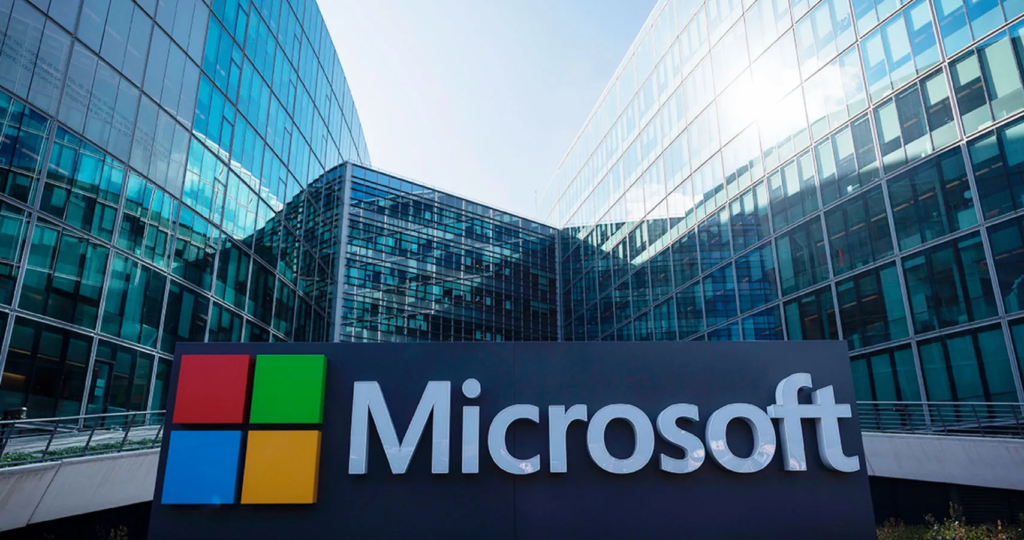Microsoft and International Airlines Group (IAG) have deepened their commitment to cleaner aviation with a new five-year expansion of their Sustainable Aviation Fuel (SAF) agreement—the largest and longest-running deal of its kind between a corporate buyer and an airline.
The partnership will see Microsoft co-fund 39,000 tonnes of SAF, translating to a projected reduction of 113,000 tonnes of lifecycle carbon emissions. The goal? To tackle Scope 3 emissions—the often-overlooked category that includes everything from business travel to freight shipping, and one of the hardest to address in corporate climate strategies.
The deal isn’t just about emissions—it’s about market-making. SAF remains expensive and underproduced. By signing long-term contracts, Microsoft and IAG are helping stabilize demand and give fuel producers confidence to scale up supply.
The SAF will be produced by:
- Phillips 66’s Humberside refinery (UK), using used cooking oil and food waste
- LanzaJet’s Freedom Pines Fuels plant (USA), the first commercial-scale alcohol-to-jet fuel facility
Both sources are certified by the International Sustainability & Carbon Certification (ISCC), ensuring credible climate benefits.
“This long-term deal brings us closer to our goal of being carbon negative by 2030,” said Julia Fidler, Microsoft’s Lead for Fuel and Materials Decarbonization. “And it helps accelerate SAF production globally.”
Microsoft has positioned itself as one of the few tech companies making direct bets on clean fuels. Its $1 billion Climate Innovation Fund has already invested in SAF innovators like LanzaJet. The new agreement with IAG extends that commitment to business air travel and global logistics tied to its data centers.
For IAG, it’s a reinforcement of strategy. The airline group has now invested more than $3.5 billion in SAF, and in 2024, sustainable fuel made up 1.9% of its total fuel usage—a figure that remains small, but industry-leading.
“Long-term agreements like this give the confidence needed to scale SAF production,” said Jonathon Counsell, IAG’s Group Sustainability Officer.
The aviation industry accounts for roughly 2-3% of global emissions, but it remains one of the most difficult sectors to decarbonize. That’s why Microsoft and IAG’s move is being closely watched.
This partnership highlights how corporations and airlines can collaborate to accelerate clean fuel markets while hitting their own climate targets. It’s also a glimpse into how voluntary corporate climate leadership might be the key to unlocking progress where regulation alone has struggled.
If more companies follow suit, Microsoft and IAG’s deal could serve as a template for scaling SAF—and reshaping how business travel fits into a net-zero future.


